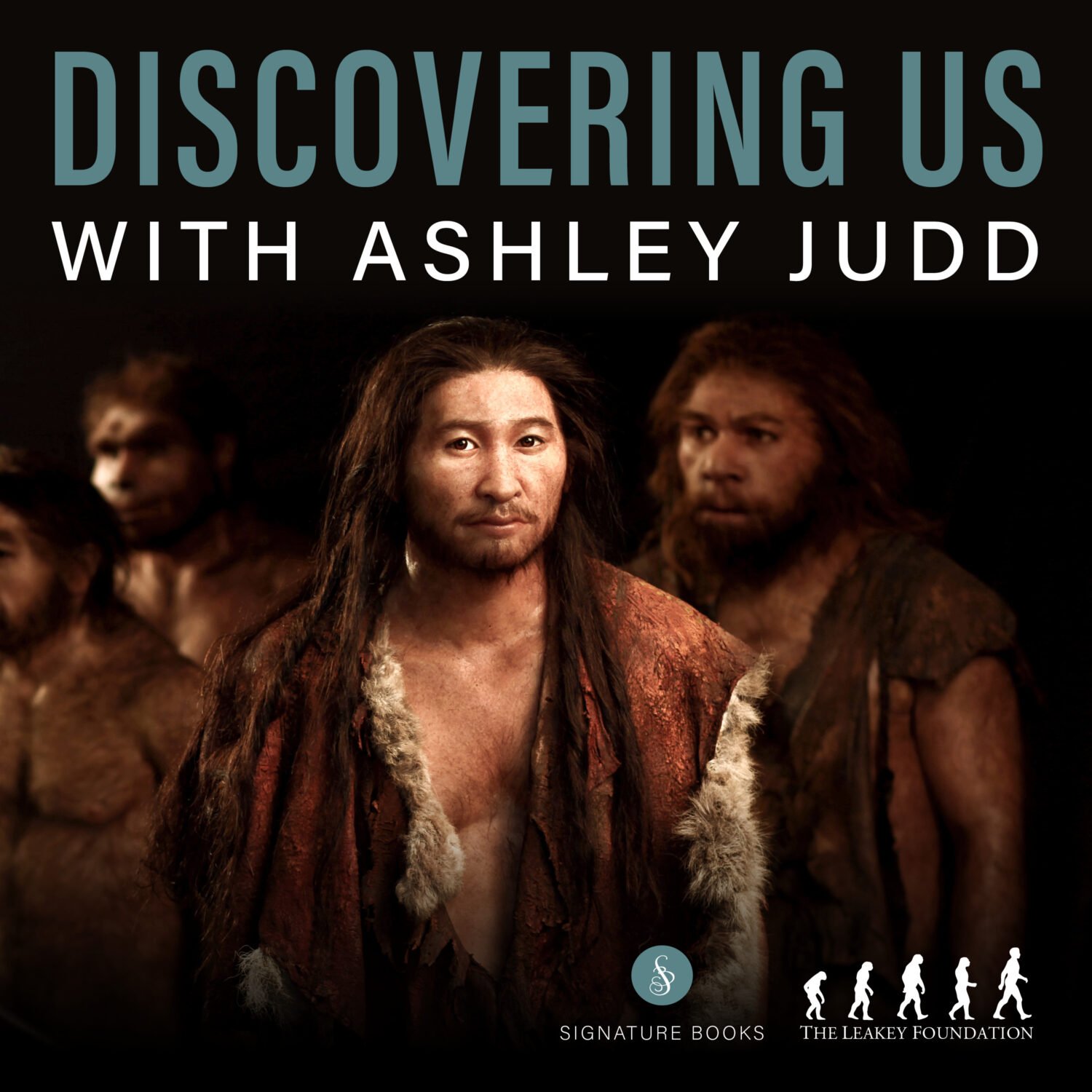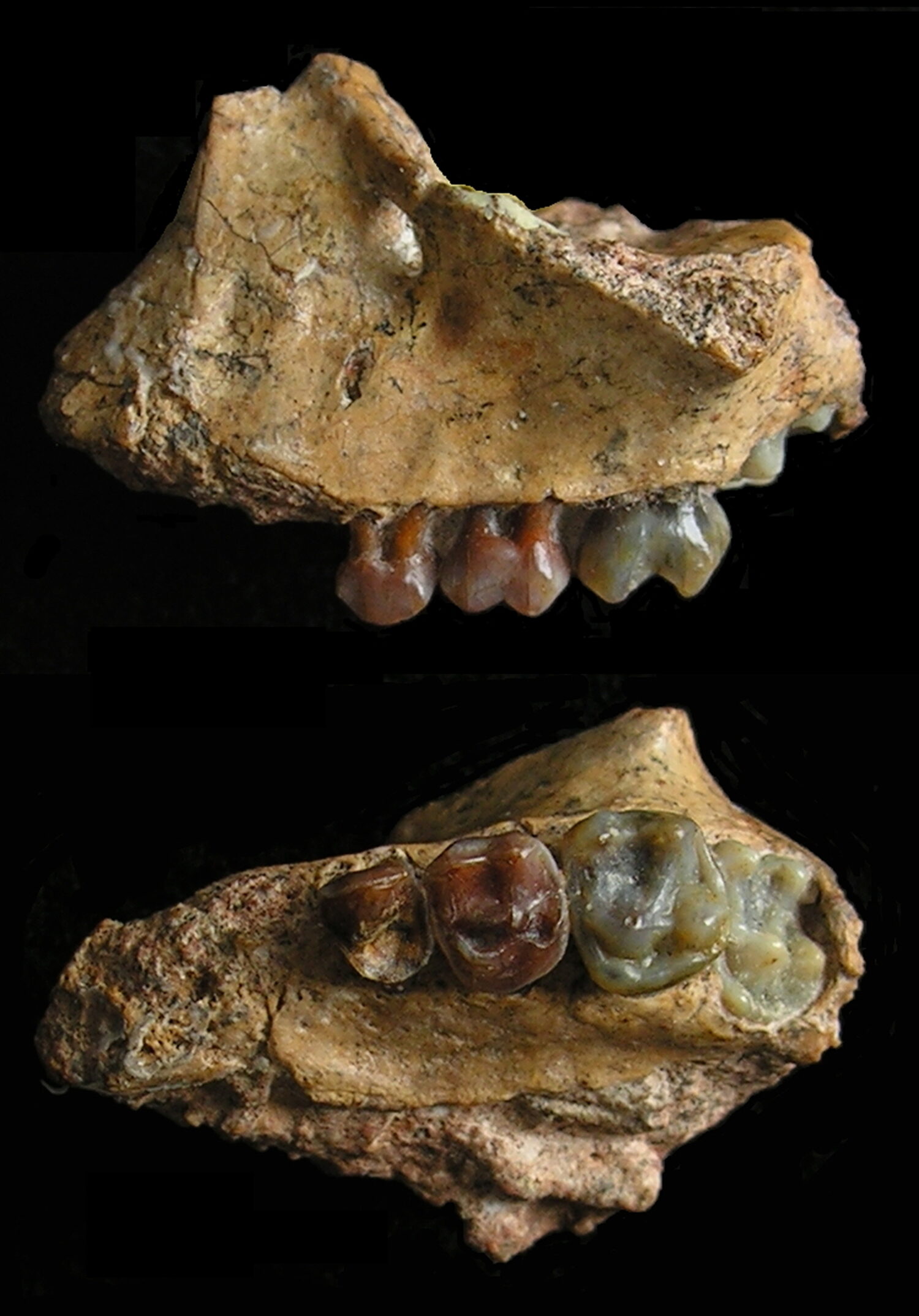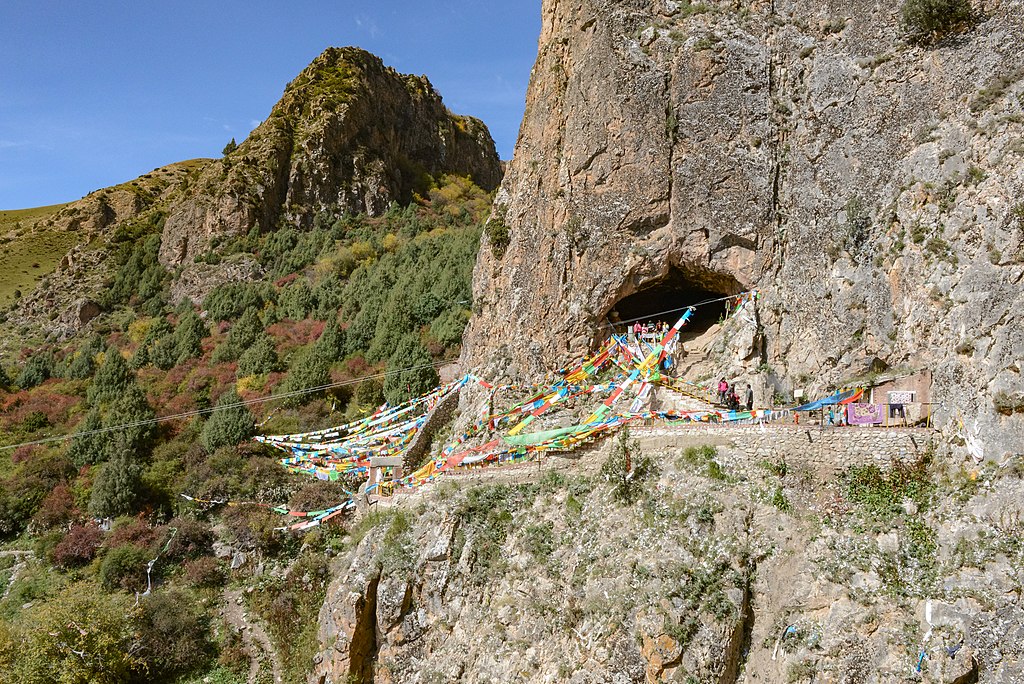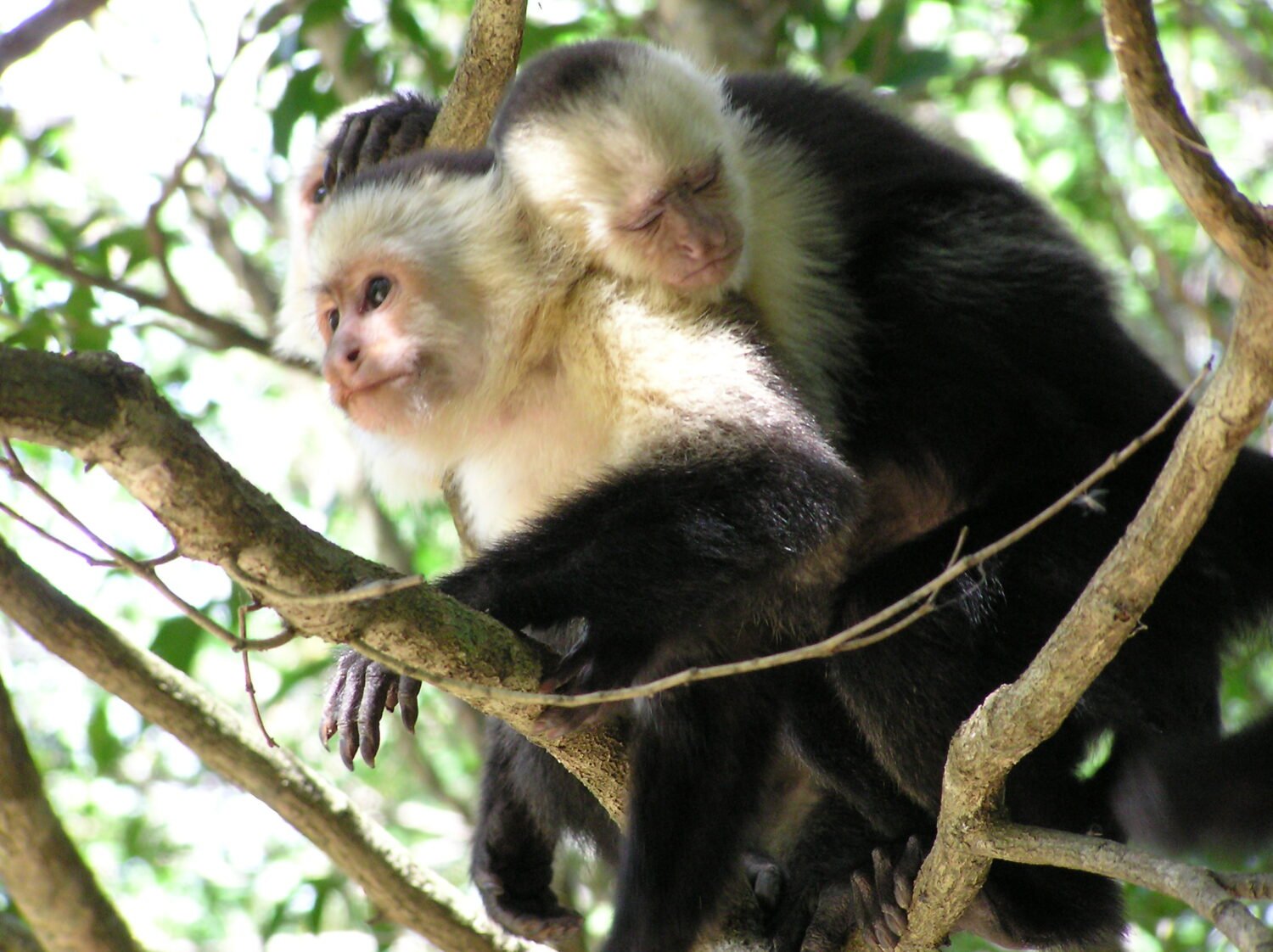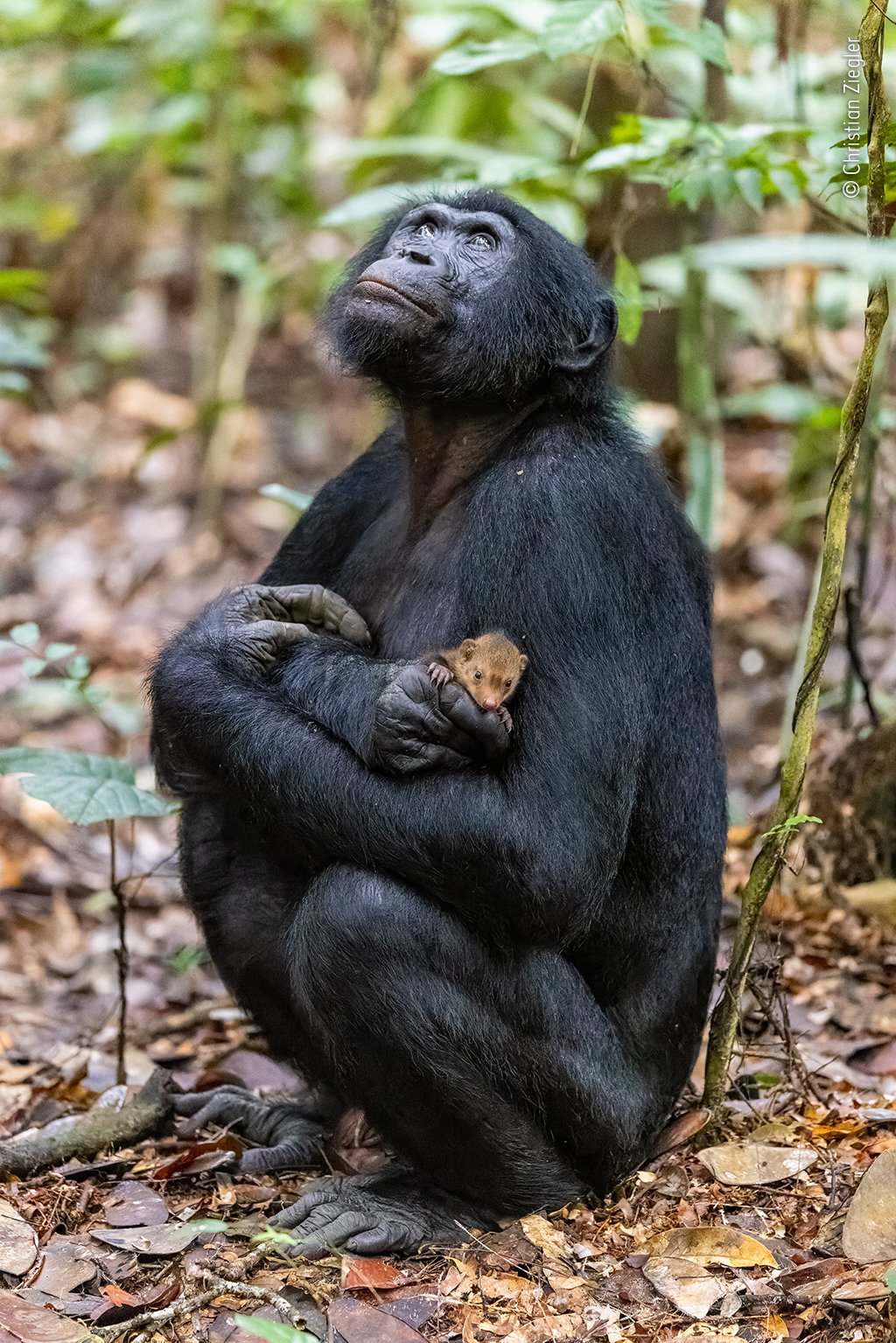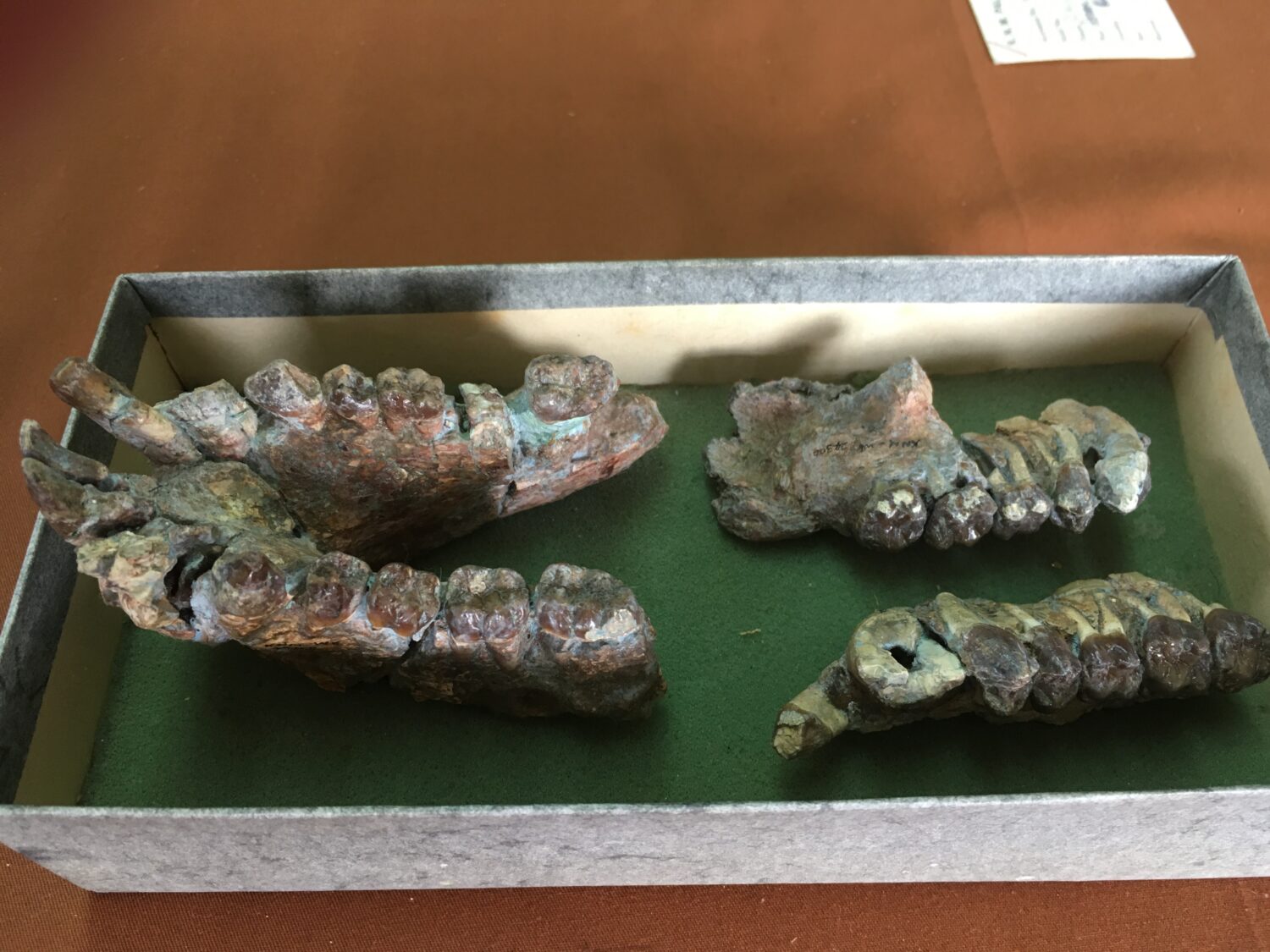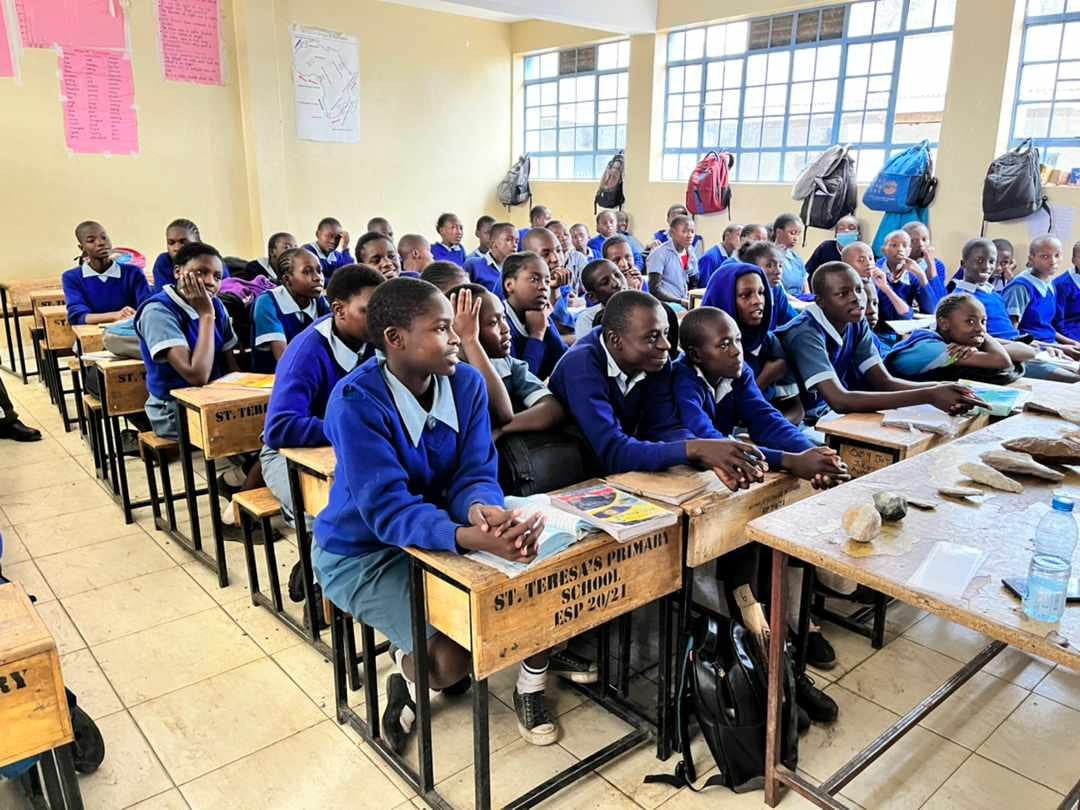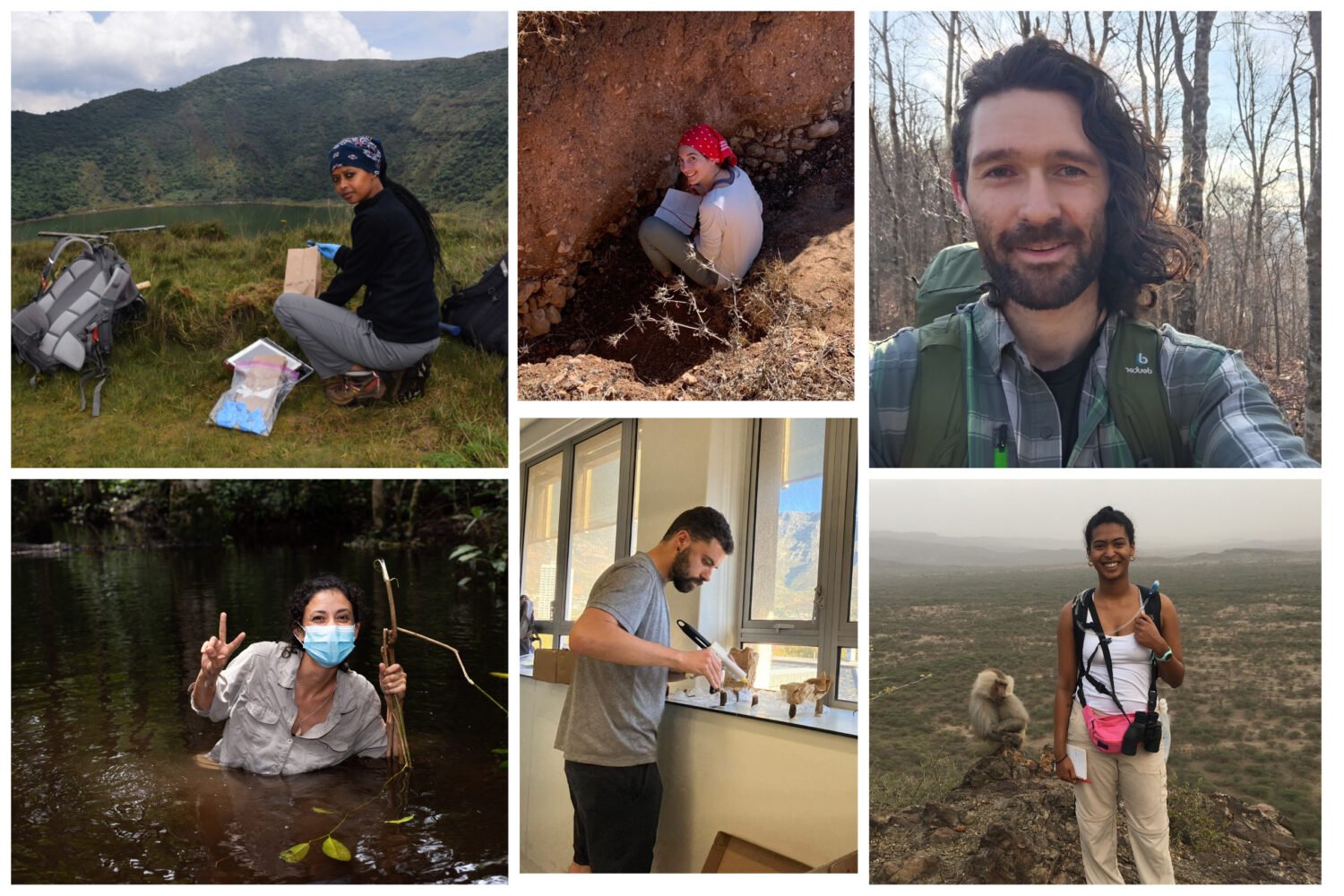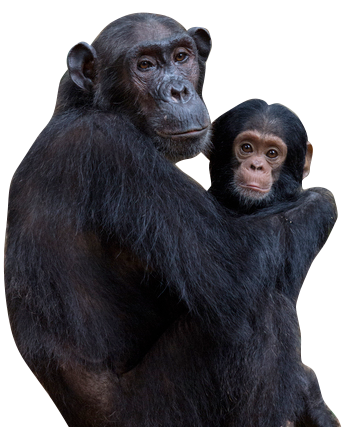Blog
Discovering Us with Ashley Judd
The Leakey Foundation, Press Release Actor and Leakey Foundation advisor Ashley Judd explores the thrilling stories behind important scientific discoveries in a new audio series based on the book Discovering Us: 50 Great Discoveries in Human Evolution.
Earliest gibbon fossil found in Southwest China
Journal Article A team of scientists has discovered the earliest gibbon fossil, a find that helps fill a long-elusive evolutionary gap in the history of apes.
Lethal Heights
Discovering Us In 1980, a Buddhist monk climbed up to Baishiya Karst Cave, sat to pray, and found half of a massive human jawbone with two huge molars lying on the floor. The cave is at nearly 11,000 feet on the edge of the Tibetan Plateau, often called the “Roof of the World.” Such high-altitude landscapes were among the last places on Earth colonized by our ancient ancestors.
August 2022 Research Highlights
Research Highlights Every month, Leakey Foundation grantees publish research that helps us understand humanity's past, present, and future. We've gathered three open access articles about discoveries funded by our donors.
Human skin stood up to the sun before there were sunscreens and parasols – Nina Jablonski explains why
Guest Post Human beings evolved under the sun. Sunlight was a constant in people’s lives, warming and guiding them through the days and seasons. Homo sapiens spent the bulk of our prehistory and history outside, mostly naked. Skin was the primary interface between our ancestors’ bodies and the world.
Rare bonobo behavior is photographic gold
Guest Post Is this bonobo cuddling a pet, or did this mongoose become a meal? Wildlife photographer Christian Zeigler captured this moment during his time in the field with researchers at the LuiKotale Bonobo Project, a Leakey Foundation-supported field site in the Democratic Republic of Congo. The photograph was shortlisted for the British Natural History Museum’s prestigious Wildlife Photographer of the Year competition.
Revelations from 17-million-year-old ape teeth could shed light on human evolution
Journal Article Some scientists suggest early humans and their ancestors also evolved due to rapid changes in their environment, but the physical evidence to test this idea has been elusive – until now.
Explore Ice Age Mongolia
Support Us Join our August 10 virtual tour to be among the first to see the only known stratified Ice Age archaeological site in the Gobi Desert and have the rare opportunity to see unpublished evidence of Mongolia’s first inhabitants.
The Prehistory Club of Kenya
Support Us The Prehistory Club of Kenya provides hands-on learning experiences and encourages young people to see the value in our shared human history.
Introducing the spring 2022 Leakey Foundation grantees
Grants We are pleased to announce the recipients of our spring 2022 Leakey Foundation Research Grants. Their diverse research projects span the globe and cover topics that range from aging, cognition, and tool-use to morphology, genomics, and the excavation of newly discovered hominin fossil sites.
Found 609 Results


